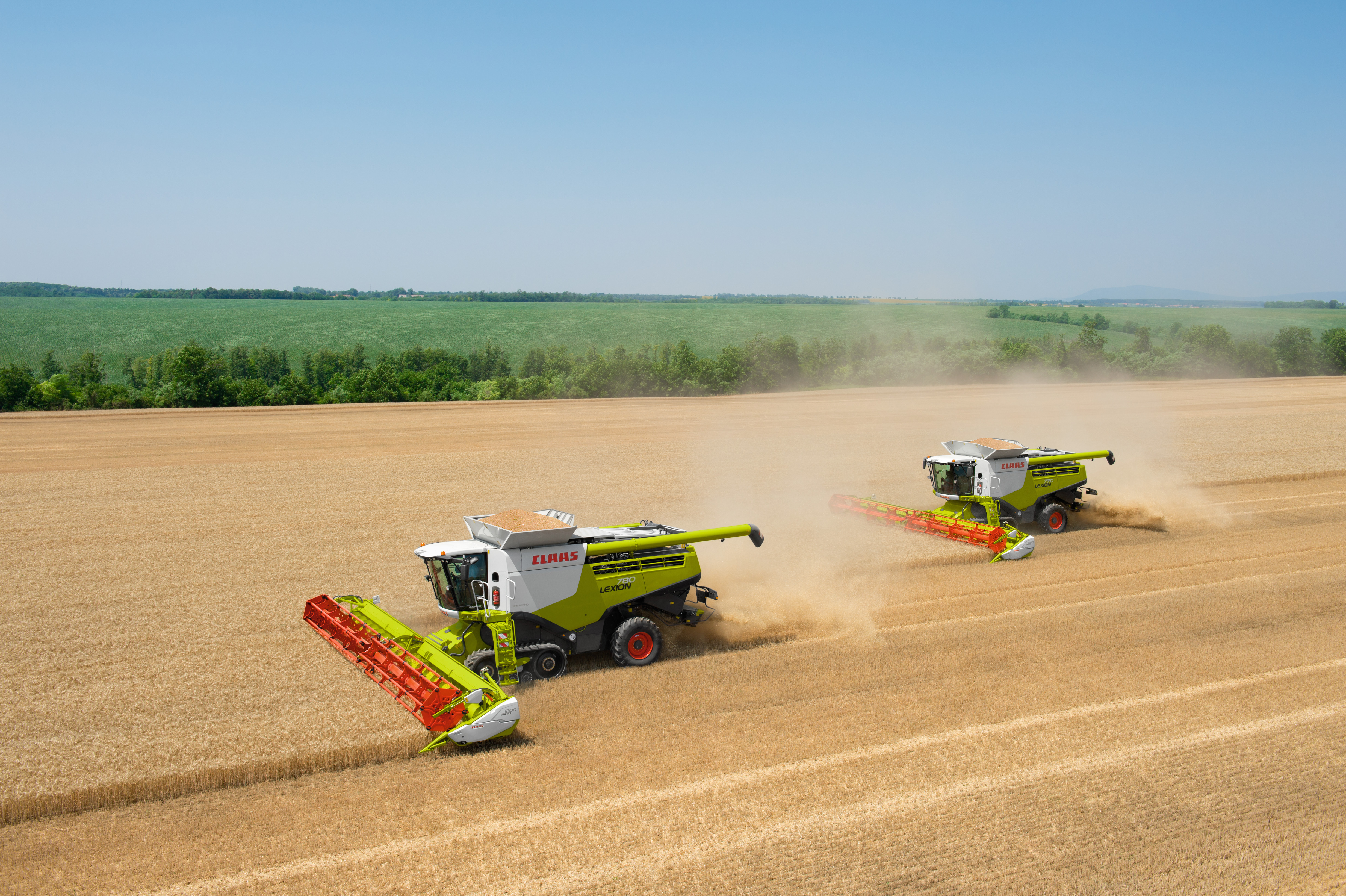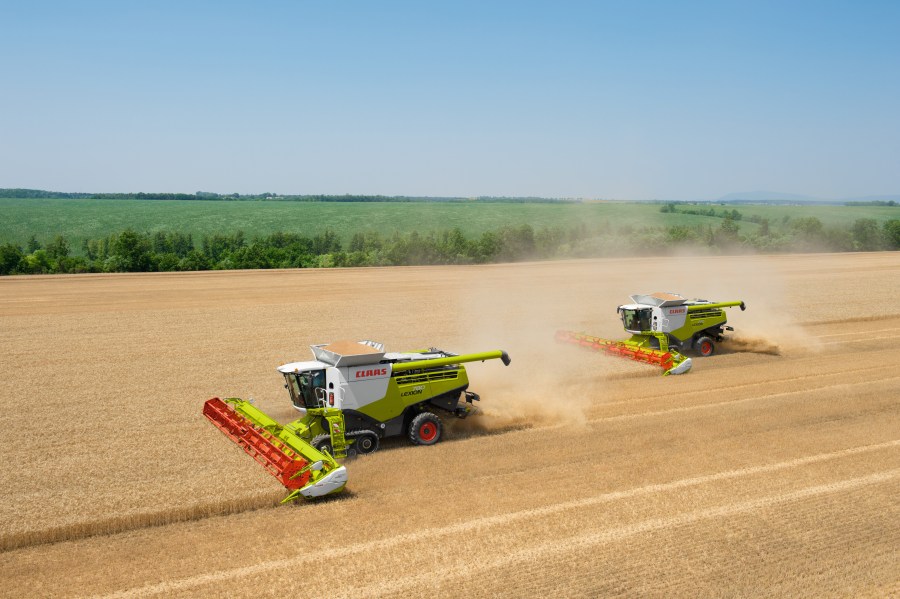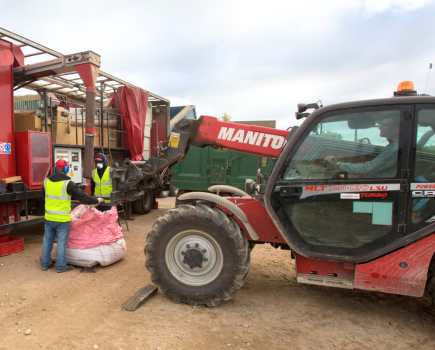
One of the world’s largest manufacturers of agricultural machinery, has reported record sales and a substantial increase in profitability for its 2017/2018 financial year. CPM finds out more.
The family owned CLAAS Group, one of the leading manufacturers of agricultural machinery worldwide, was able to increase its sales by 3.4% to a new record of 3.889 billion euros (previous year: 3.761 billion euros). This was boosted by increased revenue from its core markets including Germany, France and the United Kingdom. On the back of this, profit before taxes rose 22.3% to 226 million Euros, up from 184 million Euros the year before.
“We have continued our growth in a volatile market environment and once again significantly improved our profitability. A strong impetus originated from Germany and Western Europe in particular,” said Hermann Lohbeck, speaker of the CLAAS Executive Board.
Over the past 10 years, spending on research and development has doubled and reached a new record level of 233 million euros, a rise of 7.3%. During the year, this resulted in the launch of the new JAGUAR TERRA TRAC, the first forage harvester with integrated crawler tracks, plus the new generation TUCANO including MONTANA hillside versions.
Considerable investment also continues to be made in fixed assets, rising 22.6% to 160 million euro. This has included the modernisation of the main assembly line at the CLAAS Tractor factory at Le Mans, the construction of a new high-bay warehouse at the world parts centre at Hamm, a new machinery test centre at Harsewinkel and the start of the redevelopment of the CUK headquarters at Saxham and the distribution centre for CLAAS France.
The number of employees around the world grew slightly to 11,132 on 30 September 2018 (previous year: 10,961). A similar trend can also be seen in Germany. Here, 5,295 employees were employed by the end of the business year (previous year: 5,100). The number of trainee positions increased in 2018 to 714 (previous year: 677).
Outlook
CLAAS expects stable development in the global agricultural engineering markets for the current 2019 fiscal year, despite regional uncertainties. The increasing demand for professional agricultural technology continues to be a driving force. General risks lie particularly in global trade disputes that also affect agricultural goods. In view of this market assessment, CLAAS expects sales revenue slightly above the level of the previous year for the current business year and a stable result before taxes.




